
Home Automation in 2025: The Smart Home Ecosystem
Introduction to Home Automation
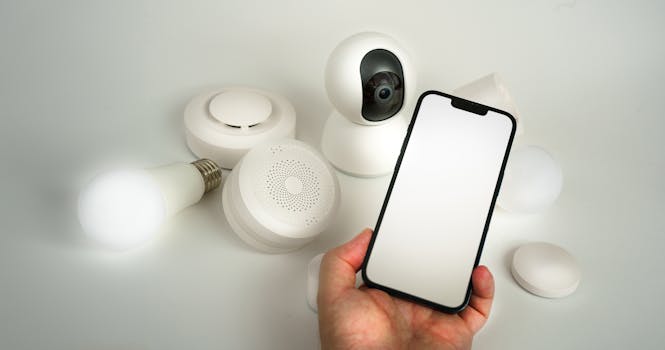
Home Automation in 2025: The Smart Home Ecosystem is revolutionizing the way we live and interact with our living spaces. With the increasing demand for convenience, efficiency, and sustainability, home automation has become a vital aspect of modern living. In this article, we will delve into the world of smart home automation, exploring the latest trends, technologies, and innovations that are transforming the way we experience our homes.
What is Home Automation?
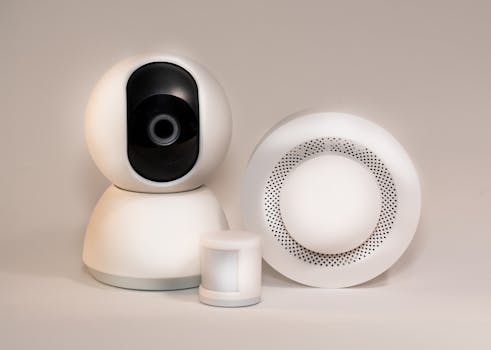
Home automation refers to the use of technology to control and monitor various aspects of a home, including lighting, temperature, security, entertainment, and more. This is achieved through a network of interconnected devices, sensors, and systems that work together to create a seamless and efficient living experience. Home automation systems can be controlled remotely using smartphones, tablets, or voice assistants, making it easy to manage and monitor your home from anywhere.
Benefits of Home Automation
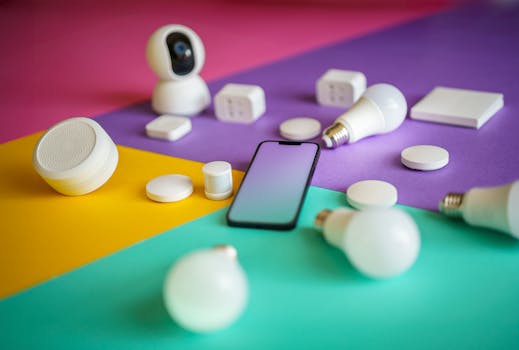
The benefits of home automation are numerous, ranging from enhanced convenience and comfort to increased energy efficiency and security. Some of the key benefits include:
- Convenience: Home automation allows you to control various aspects of your home with the touch of a button, making it easy to manage your living space.
- Energy Efficiency: Smart home devices can help reduce energy consumption by automatically turning off lights, appliances, and HVAC systems when not in use.
- Security: Home automation systems can enhance home security by monitoring doors, windows, and motion detectors, sending alerts and notifications in case of suspicious activity.
- Comfort: Smart home devices can adjust temperature, lighting, and entertainment systems to create a comfortable and relaxing living environment.
Smart Home Devices and Technologies
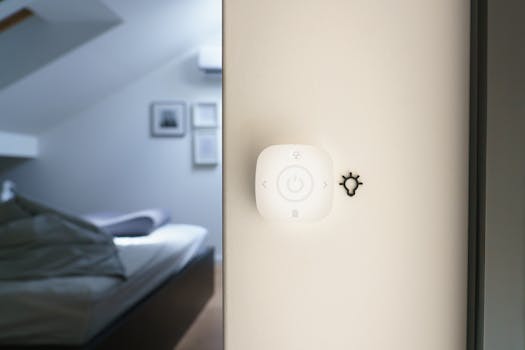
The smart home ecosystem is comprised of a wide range of devices and technologies, including:
- Smart Speakers: Voice assistants like Amazon Alexa, Google Assistant, and Apple Siri can control various smart devices and provide information on demand.
- Smart Lighting: LED bulbs and smart lighting systems can be controlled remotely to adjust brightness, color, and temperature.
- Smart Thermostats: Devices like Nest and Ecobee can learn your temperature preferences and adjust the temperature accordingly.
- Smart Security Cameras: Wi-Fi-enabled cameras can stream live footage and send alerts in case of motion detection.
- Smart Door Locks: Electronic door locks can be controlled remotely, allowing for keyless entry and secure access.
Conclusion
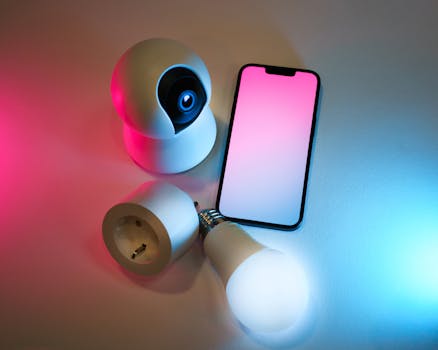
In conclusion, home automation in 2025 is all about creating a smart home ecosystem that is seamless, efficient, and sustainable. With the latest trends and technologies in smart devices and automation systems, homeowners can enjoy enhanced convenience, comfort, and security. As the smart home industry continues to evolve, we can expect even more innovative solutions and integrations that will transform the way we live and interact with our homes.






